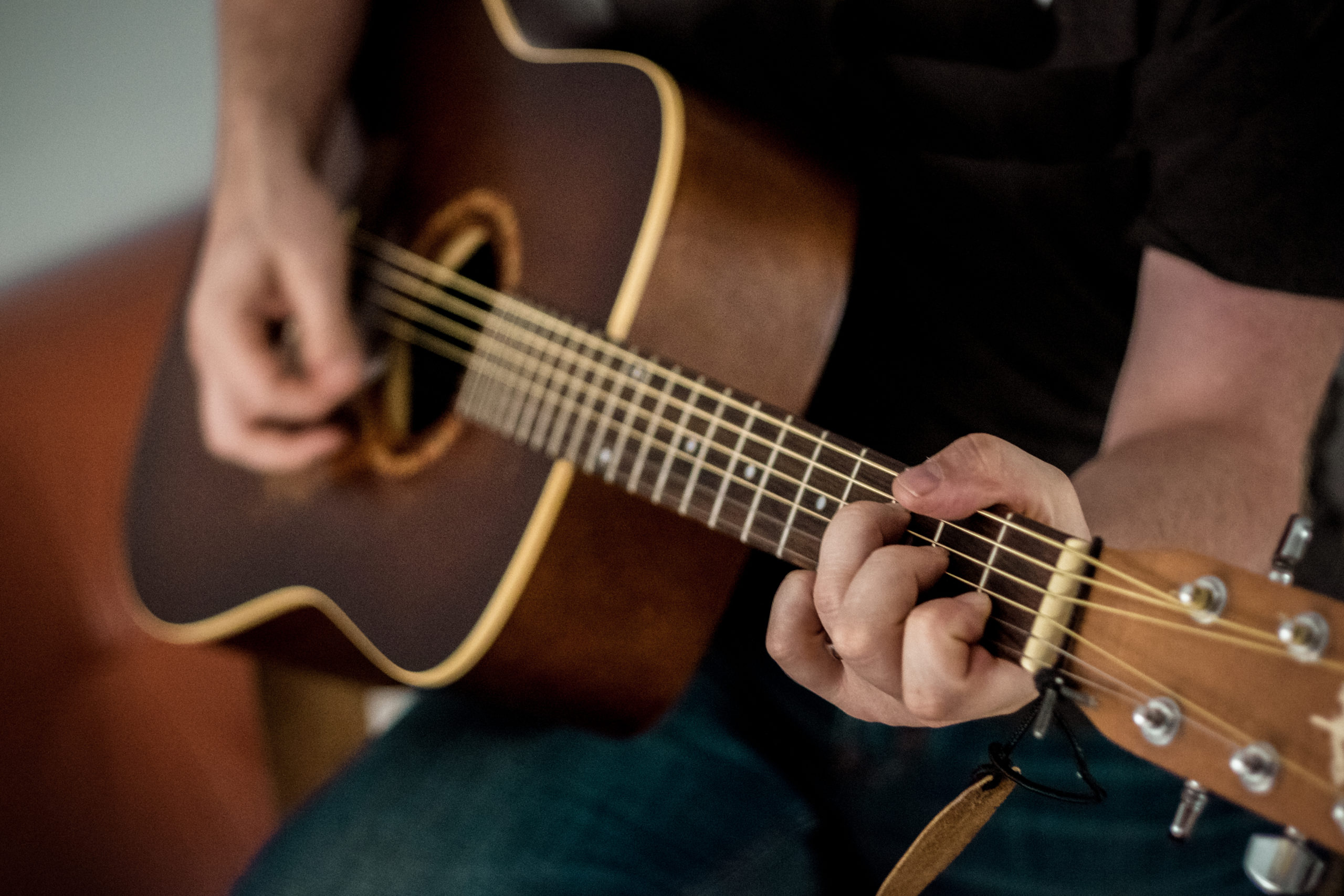When you’ve been playing for some time, you’d learn to appreciate the steps taken to ensure that your guitar, or any other instrument for that matter, is well-taken care of. The alternative would be allowing your guitar to accumulate grime and dirt on the string and in the nook and crannies. Consequently, it leads to cracks and stress between the bridge and the other end body. As prevention is the most effective way to deal with damages from wear and tear, here are some tips on how to take care of your guitar:
-
Maintain Humidity
Keeping your guitar in a safe and clean environment when you’re not playing, should matter to every artist that respects their instrument. A guitar case is safer than just putting them on a stand, but what if you have a significant number of guitars? Generally, a room will suffice to store your instruments when you’re not using them, but humidity is an important factor when you want to properly take care of your guitars. Investing in a guitar room humidifier can help maintain a 40%-50% humidity level. This will prevent cracks, failed bridges, and sharp fret ends. Cleaning is important but having a suitable storage space is equally crucial in maintaining your instruments.
-
Watch Out for Temperature Changes
The temperature should also be taken into account, especially if you’re traveling. Short drastic changes can damage and warp certain parts, like a twisted guitar neck, of the instrument. Consider unlocking your guitar case and let it acclimatize with the new environment before taking it out. Also, don’t leave your guitar under extreme heat or cold, and always take your time when introducing it into new environments.
-
Cleaning Practices
You should regularly clean your guitar, particularly after every session before you place them in their cases. A quick wipe down of the strings and body with a polishing cloth helps keep the tone alive and prevents grime and dirt to build up. For deep-cleaning schedules, you can use a special cleaning agent, especially for electric guitars where dirt can easily build-up in the knobs and tuner.
Strings are prone to oxidation and dirt buildup that dulls the sound of each string. It also makes tuning more difficult and frequent.
-
Fretboard Maintenance
Cleaning your fretboard every time you replace a string helps keep your fretboard free of dust and grime stuck between the string and the fret. You can use commercial guitar conditioners to maintain its glint and keep it hydrated. Preventing cracks and damage to the finish of the board can be done easily with oil. Remember not to use furniture cleaner as it may not go well with the guitar finish.
-
Polishing the Finish
Taking the extra step in polishing the finish shows how much you care for your instrument. Using a microfiber cloth, remove oil prints from your skin, debris, and dust. Make sure you cleared off hard debris that can cause scratches before you apply guitar polish. Spray the polish on the cloth and wipe it lightly in circular motions and make sure you get the neck and the headstock.
Developing these easy steps into a habit will help extend the life of your guitar for years. Even if you’re a budding artist or a veteran in the industry, these maintenance practices should be part of your routine. It is by keeping them in the proper posture that you can continue to enjoy playing them to the best of your ability.

